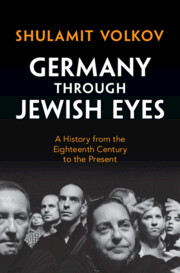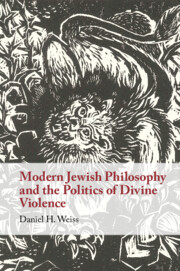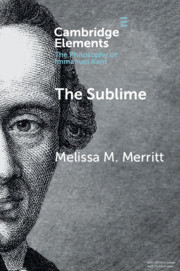Moses Mendelssohn, arguably the founding figure of modern Jewish philosophy, famously quipped that it was the hours of his youth spent studying the philosophical work of another Moses—Moses Maimonides—that left him with his famously crooked posture. This study investigates one important aspect of the relationship between Mendelssohn and Maimonides: their respective attitudes toward anthropomorphic language in the Bible. Much of the first part of Maimonides’s Guide of the Perplexed is devoted to reinterpretation of scriptural language in light of Maimonides’s non-anthropomorphic, incorporeal conception of God. These chapters constitute a central plank of Maimonides’s religious agenda. Like Maimonides, Mendelssohn was both a philosopher and a religious Jew. His most extensive project intended for a Jewish audience was his German translation of the Pentateuch, accompanied by a Hebrew commentary, known as the Bi’ur. This study examines the manner in which Mendelssohn saw fit to interpret precisely the same set of biblical terms selected by Maimonides for philosophical reinterpretation. Through an investigation of Mendelssohn’s approach to anthropomorphism, divine incorporeality, and philosophical reinterpretation in the biblical commentary, I hope to shed light on an important dimension of the nature of his engagement with Maimonides.


